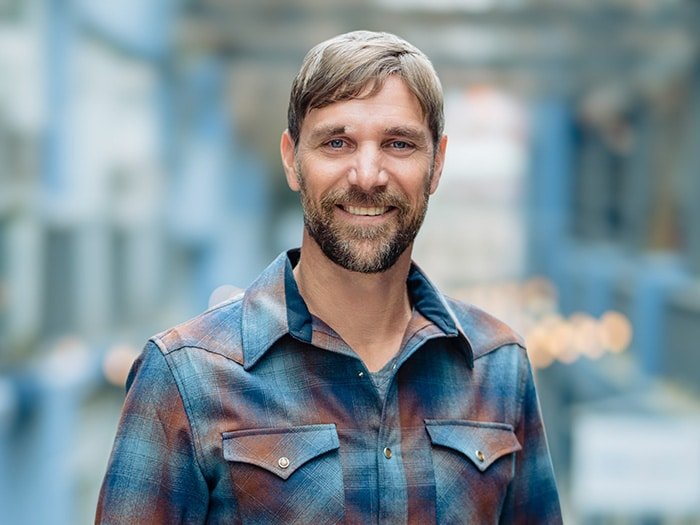These strategies allow operators to make incremental changes to their existing vessels without taking on the financial risk of investing in new, unproven technologies. Retrofitting and leasing also provide a more cost-effective way to meet regulatory requirements and reduce emissions in the short term. However, as the regulatory landscape becomes clearer and financial incentives become more readily available, we may see a tipping point where operators start to invest in new vessel construction. This will likely depend on the development and approval of more mature decarbonization technologies and the availability of funding to support these investments.
ML: What do you see as the key drivers that will ultimately push the US commercial harbor craft market towards decarbonization?
PS: Ultimately, I believe that a combination of regulatory certainty, financial incentives, and technological advancements will be the key drivers that push the US commercial harbor craft market towards decarbonization. As regulatory standards become clearer and more consistent, operators will have a better understanding of the requirements they need to meet and the potential risks involved in adopting new technologies. Financial incentives will help offset the costs of transitioning to low- and zero-emission vessels, making these investments more attractive to operators. And as decarbonization technologies continue to evolve and become more mature, operators will have more confidence in their performance and reliability.
Overall, the path to decarbonization for the US commercial harbor craft market may be challenging, but with the right combination of regulatory support, financial incentives, and technological innovation, operators can overcome these obstacles and move towards a more sustainable future.
Sponsored Content: Marine Log sits down with Glosten’s Peter Soles on navigating the roadblocks to decarbonization, especially in the U.S. harbor craft industry.
The Future of Green Vessel Initiatives: Navigating the Challenges
The cost of building new vessels is high right now, and with all the uncertainty around air emissions standards and other regulations, it feels like a risky move for operators. Retrofitting offers a solution to extend the life of existing assets or expand fleets without breaking the bank. Leasing provides a way for operators to access newer and more modern boats without the massive capital outlay of new construction. It also offers insulation from market volatility and regulatory changes, as lessees are not tied to long-term assets.
However, the landscape could shift with the introduction of funding programs supporting new vessel design and construction for private, for-profit applicants. Until then, many operators may opt to wait things out.
Key Lessons from Early Adopter Projects
Innovative projects like the Crowley e-Wolf and the Amogy ammonia tug conversion demonstrate the technical feasibility of alternative propulsion systems on marine vessels. These projects highlight the importance of established and stable regulatory environments to make green vessel initiatives commercially viable. Currently, fragmented air emissions policies across states and a lack of federal support hinder widespread adoption.
Infrastructure development, including alternative fuel supply chains, electrical charging infrastructure, and service/support networks, is crucial to support new technologies. Ultimately, the economics of transitioning to low- and zero-emission harbor craft will drive progress. Without significant business incentives or competitive pressures, the transition may be slow.

